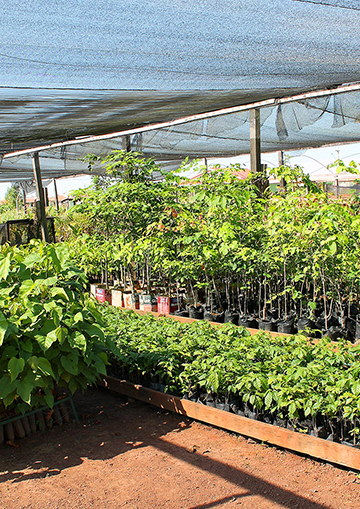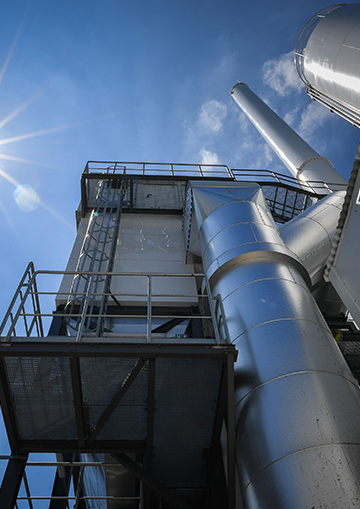For several decades, and due to overexploitation of forest products and increasing needs for agricultural development, the world's forest cover has been constantly decreasing. Yet forests are essential for stabilizing the climate by naturally absorbing carbon dioxide (about one third of the CO2 emitted by the burning of fossil fuels is absorbed by forests each year), and for the range of ecosystem services they provide (food, water, fuel, medicines, traditional crops, livelihoods, etc.), which help regulate ecosystems and protect biodiversity.
In order to reduce its environmental footprint and to reconcile industrial activities with a positive impact on the planet, ENGIE has adopted a Forest Policy in 2021. This policy reflects the Group's commitments in terms of deforestation and the use of forest biomass.
ENGIE develops projects worldwide, such as renewable energies or linear infrastructures. For any project, the priority is to avoid any negative impact on biodiversity, i.e. species and habitats. The application and respect of the mitigation hierarchy (Avoid – Reduce - Compensate sequence) are part of the Group's ESG roadmap and are an objective in ENGIE's act4nature commitments. Where impacts on species or habitats remain, biodiversity offsets are managed in accordance with the IUCN policy developed in 2016, and with the participation of relevant stakeholders. The way to compensate for cut trees is defined with the relevant stakeholders in order to best preserve the ecosystem, habitats and species. Indigenous peoples and local communities are also listened to and their expectations integrated as much as possible.
Our main commitments:
- To avoid and reduce its impact on forests for its own activities and in its value chain as a priority, and compensate as a last resort
- To prevent any negative impact on species or habitats
- To use and market sustainable biomass
- To favour local supply channels
- To not source biomass from sensitive areas such as wetlands and peatlands, with biodiversity value or protected areas, or with high carbon stock, and not use high quality wood such as sawmill wood
- To respect the rights and livelihoods of local communities in accordance with the United Nations Declarations
- To raise awareness among stakeholders including subcontractors and suppliers
- To contribute directly or through our suppliers to environmental or reforestation initiatives environmental or reforestation initiatives.
Since 2021, the Group has responded to the CDP questionnaire dedicated to forests.
In 2024, ENGIE obtained a score of B.




